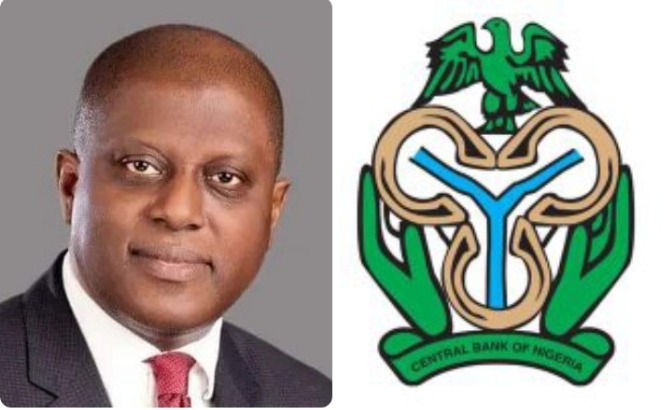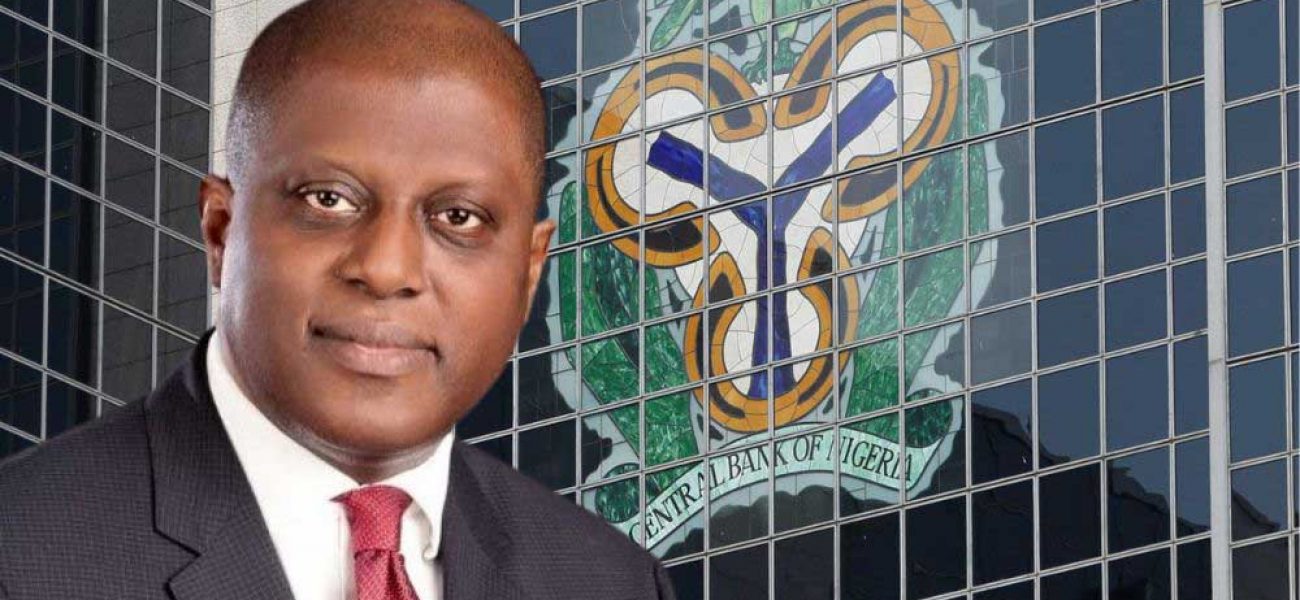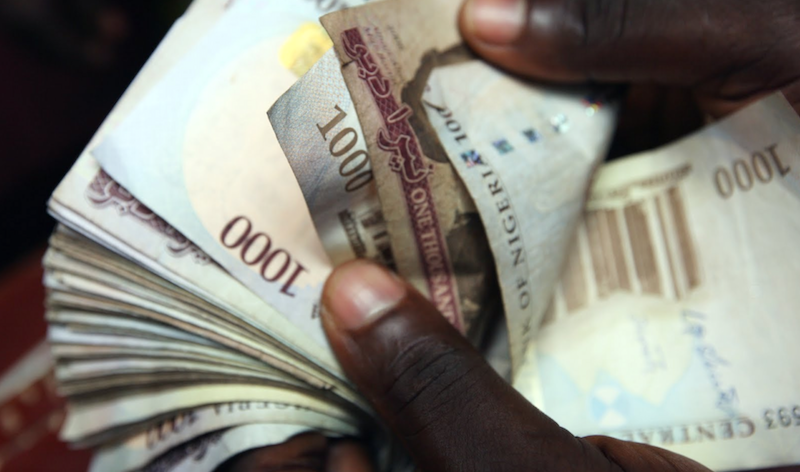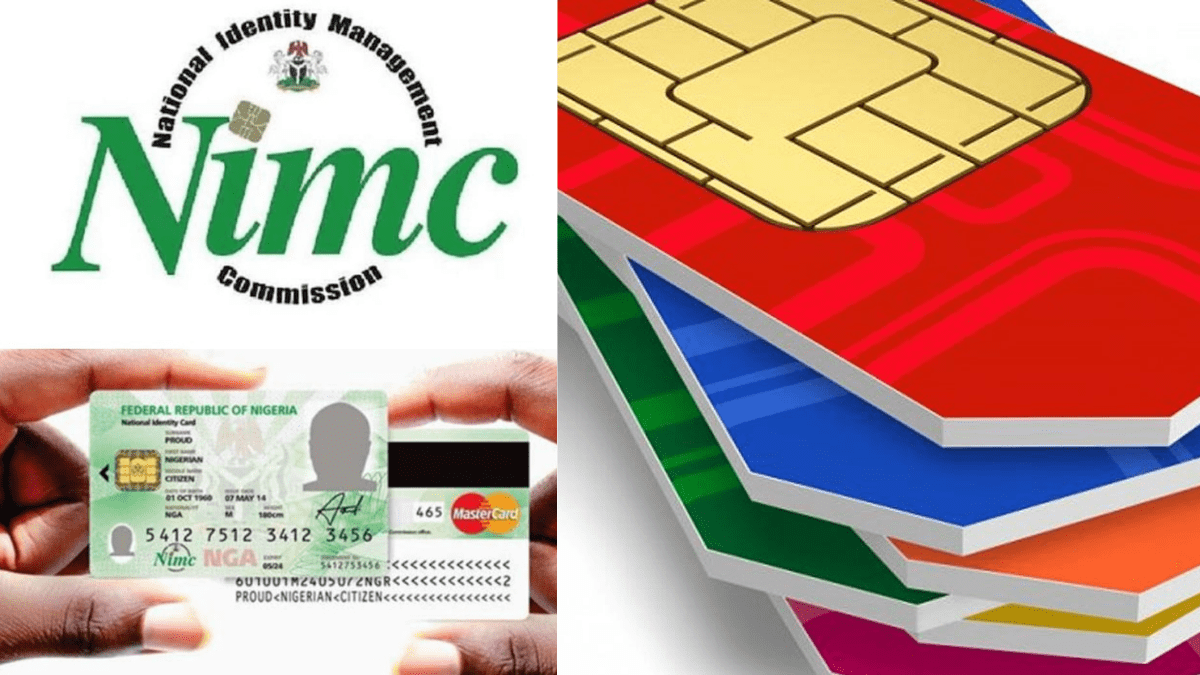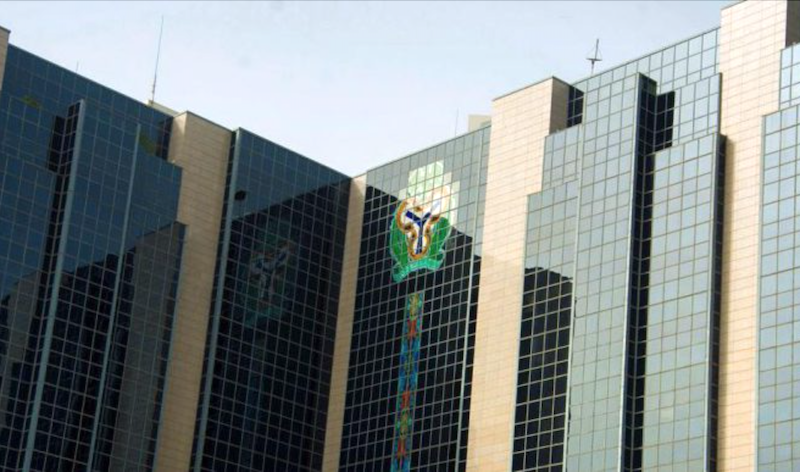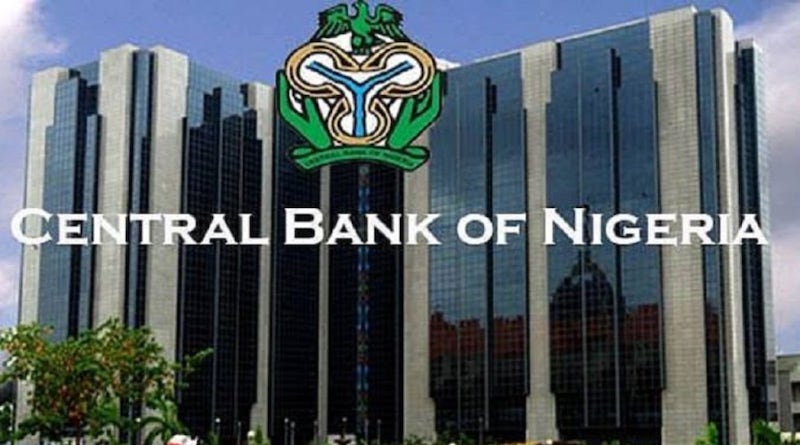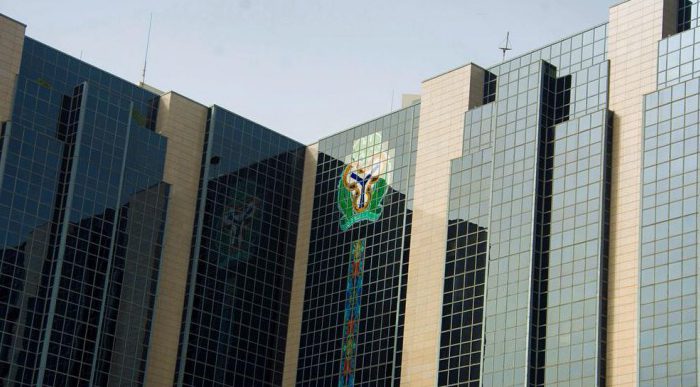These are perilous times in Nigeria, as reflected by the fact that it is not only our lives and properties that are in danger, as evidenced by the mass killings in Plateau State on Christmas Eve last year and the kidnapping and murdering of innocent Nigerians that failed to pay ransom money imposed on them in and around Abuja, the federal capital territory, FCT, and those who recently abducted and killed two (2) monarchs in Ekiti state, but there is another dimension of hurting, if not ruining, the lives of Nigerians.
While we are all well aware that a significant number of Nigerians are being attacked and destroyed by outlaws in the form of bandits and marauders of all dimensions, including kidnappers for ransom and ritualists that have turned our country into a killing field, another emerging act of criminality not as widely known or discussed in public spaces like the violent acts of crime of killings, especially in the Middle Belt, and kidnapping around in the country is that our bank accounts are also being targeted and our funds domiciled in them are being stolen by another type of outlaws.
These elements are not wielding guns like the bandits wreaking havoc on lives and properties across the country and lately Abuja the seat of political power , but they are the nefarious ambassadors leveraging the pen and technology to invade our bank accounts with a view to emptying them into their own pockets.
Let us take the nasty experience of Senator Tokunbo Afikuyomi, a one-time major ally of President Bola Tinubu, as a sample.
In a recent social media post,the former senator representing Lagos State narrated his ordeal. Here we go:
“Yesterday morning (January 13), some scammers hacked my phone line and temporarily seized control of my WhatsApp messages. They then sent fraudulent messages to some of my contacts requesting that they transfer some money on my behalf.”
The financial scam victim further lamented that “many of my friends quickly called me up on the regular phone while some others spoke with my aides to alert me. However, unfortunately, a few others did not suspect that anything was wrong. They innocently complied with the fake request and made transfers of millions of naira to the various account numbers in different banks supplied by the scammers.”
According to the erstwhile Lagos State Senator, he successfully obtained the telephone numbers that the fraudsters used in perpetrating the crime of deceiving unsuspecting members of the public to pay huge sums of money into multiple bank accounts amounting to millions of naira purportedly belonging to the victim, Senator Tokunbo Afikuyomi.
He added that he immediately complained to the relevant security and financial sector regulatory agencies and thanked the anti-fraud unit of the police for springing into action immediately, resulting in the identification of some of the account numbers and the details of the respective owners through which the scammers collected various sums of money. The security agents also applied technology to geo-locate the perpetrators, signaling strenuous efforts to route the economic and financial terrorists.
While commending the security architecture for their successful effots at tracking and locating the bank accounts used to perpetuate the heist, Senator Afikuyomi expressed disappointment in the banks for their lack of due diligence by not applying the universal policy ‘Know Your Customer’, KYC, which financial institutions leverage to know their customers,hence multiple bank accounts are opened by crooks whose real identities are unknown by the banks as they should. That is why it has been difficult to rein in the scammers who are hacking into the banking systems, gaining access to and emptying victims accounts and by so doing, wrecking the lives of millions of our compatriots.
As we are very well aware,people are known to have committed suicide after losing their lives savings to scammers.
Clearly, the scammers are able to open so many bank accounts without supplying the banks with the necessary security checks and details required by the law because some banks are not complying with the rules governing banking owing to lax supervision by the regulatory agency, the Central Bank of Nigeria (CBN.
By the same token, some of the over-the-top media services (OTT) providers (GSM firms) are not fully complying with the provisions of Nigeria’s Data Privacy and Protection Laws, and the NCC rules for SIM card registration are also being flouted.
Apart from the method applied to scamming Afikuyomi, there are other methods being applied to reaping off unsuspecting members of the public.
They do that by cajoling hapless people and enticing them with fake but fantastic business opportunities, luring them to secret and private locations , and then killing them after dispossessing them of valuables, including title documents for landed properties and cash in bank accounts.
Such was the case of the billionaire Ignatious Odunukwe, who was lured on the phone into a fake business venture of selling his terrace building and adjoining land in Abuja for N900 million by a syndicate who killed him in a hotel room where he went to meet with them, and his body was disposed of near a canal in Ajah area of Lagos a couple of years ago .
Meanwhile, it is to fortify the types of crime highlighted above that the concepts of national identification numbers (NIN) and bank verification numbers (BVN) were introduced by both the telecommunications and financial services systems.
But in light of the ease with which these crimes of emptying the bank accounts of unwary and hapless Nigerians are being perpetrated,the measures that have been put in place do not seem to be sufficient protection for Nigerians against those hell bent on wrecking the lives of fellow Nigerians by stealing their life savings in their bank accounts.
Psychologists drill down the spike in blue collar crimes being perpetrated with pen and technology and violent crimes being carried out with guns to the high tide of hardship in the land occasioned by the new policy changes being introduced by the incumbent administration to put the country on the path of
Growth for the economy and prosperity for the masses
As such, they aver that there is no difference between those committing the financial crimes of hacking into bank accounts of those whose deposits are being raided and the outlaws such as bandits, kidnappers, terrorists, and other marauders tormenting Nigerians by demanding ransom from them and threatening to kill them if they do not pay demanded ransom and truly killing them individually and in multiples across our country on a regular basis, to the extent that it has become a sort of epidemic like ebola disease or lassa fever.
About a decade ago, internet/financial scams perpetrated via technology and telephone were perpetrated by Nigerians against foreigners, and the notorious crime was known by the moniker ‘Yahoo, Yahoo’ or 419, which is the number by which it is coded in the criminal justice law.
But today, the bank accounts of Nigerians are being targeted by the same fraudsters, reflecting a paradigm shift in criminality from international targets to local targets.
In other words, there seems to be a deliberate targeting of Nigerians at home and in the diaspora by Nigerian scammers, who perhaps are currently being resisted by foreigners like Europeans and North and South Americans who have been their victims over the past several decades and have most probably learned to detect them from afar and fend them off.
To stem the tide, there are government functionaries such as the Minister of Telecommunications and Digital Economy, Dr. Tijani Bosun, Interior, Mr. Olubunmi Tunji-Ojo, National Security Adviser, NSA Mallam Nuhu Ribadu, Inspector General of Police, Mr. Kayode Egbetokun, Director General of the National Financial Intelligence Agency (NFIA), Mallam Modibo Hamman Tukur, and the Governor of the Central Bank of Nigeria (CBN), Mr. Olayemi Cardoso, whose jobs have been cut out to protect Nigerians from the menace of the scammers wreaking havoc on the unsuspecting masses with damages that are as devastating as the heinous crimes of the bandits resulting in the lives of so many precious souls in the past few months.
These government officials need to step up their efforts in order to be ahead of the criminal elements currently running rings around the financial services and telecommunications sectors.
Perhaps the type of riot act that Olayemi Cardoso recently read out to the Money Deposit Banks, DMBs, with respect to compelling them into offloading their foreign exchange holdings beyond the 20% threshold mandated by Banking and Other Financial Institutions, BOFIA rules, should be reinacted for the KYC aspect of banking.
The other government agencies under whose purview falls the responsibility of protecting Nigerian bank account holders from being fleeced by the vicious scammers currently on the prowl around the country should emulate the CBN under Mr. Cardoso, whose enforcement of the rules governing banking has resulted in the release in to the market of the foreign exchange previously held in bank vaults, leading to the availability of the foreign currencies in the market and strengthening of the naira.
Also, the police in particular needs to become more engaging by embracing technology like drones and cameras located strategically in crime hot spots like banks and ATM locations to fish out the scammers or deter them.
Recently, the Nigerian police force, NPF, entered into a strategic partnership with the International Narcotics and Law Enforcement Affairs (INL) of the United States of America for a specialized tactical operational training program for commanders of the recently launched Special Intervention Squad (SIS).
I would like to propose that similar training be initiated for combating technology driven crimes involving telephone and bank accounts, of which a majority of Nigerians have fallen victim lately.
Clearly, Nigerians deserve better, as the unbridled rise of technology-driven crime is an indication of the perilous times that we live in when the technology that was invented to make life easy for all of us has also become a source of endangering our lives and properties.
On its part,the banks have been receiving flaks based on the suspicion by members of the public that financial institutions are complicit in the crime.
So, they too need to step up to the plate by strictly applying the KYC rules to help stem the tide of financial crimes being perpetrated through the use of technology to deceive bank account holders to bilk them of their hard-earned financial resources.
Its role in supporting the mases during COVID-19 with legislatives currated by the CBN under the watch of the immediate past governor, Mr. Godwin Emefiele, CA-COVID helped in shoring up the image of banks, which was sagging owing to an outcry by the public against multiple charges obtained from their accounts and manifesting as unwholesome debit alerts received in their smart phones over various activities rendered that customers expected to be complimentary.
Since banks do not want to go back to such dark days, it is incumbent on them to join in routing the criminal enterprise of hacking the bank accounts of unsuspecting members of the public , not only by complying with KYC rules and cautionary messages sent to their emails, but also by enlightening innocent bank account holders of the antics of the criminal elements via information to be disseminated through mass communication channels like radio and television jingles to the masses.
That way, they would regain the confidence of the beleaguered Nigerian masses, who are currently being crushed by both violent bandits who are trading in human lives as merchants reminiscent of the ignoble slave trade era and fraudsters raiding bank accounts of fellow Nigerians and wrecking the lives of their victims.
Magnus Onyibe,an entrepreneur,public policy analyst, author,democracy advocate,development strategist,alumnus of Fletcher School of Law and Diplomacy at Tufts University, Massachusetts, USA, and a former commissioner in the Delta State government, sent this piece from Lagos, Nigeria.
To continue with this conversation and more, please visit www.magnum.ng.
